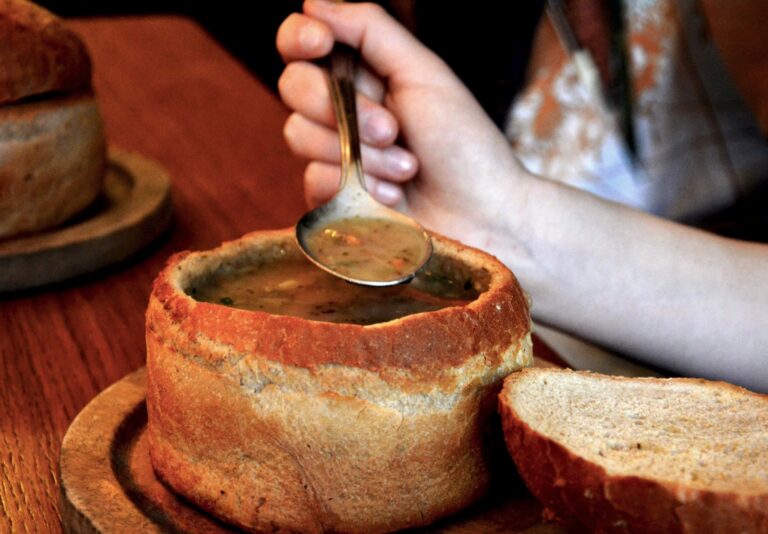Introduction
Czech cuisine is known for its hearty meat dishes, stews, and dumplings, but it also has a unique selection of beverages and drinks that are worth exploring. From the famous Czech beer to the lesser-known herbal liquors and plum brandy, the country offers a variety of interesting beverages that reflect its history and culture.
Beer: the king of Czech drinks
Czech beer is world-renowned for its high quality and unique taste. The country has a long tradition of brewing, and there are over 400 breweries scattered throughout the country. The most famous Czech beers include Pilsner Urquell, Budweiser Budvar, and Staropramen. These beers are brewed using traditional methods and the finest ingredients, such as locally grown hops and barley. The Czechs take their beer seriously, and it is considered an essential part of their cultural heritage.
Becherovka: the Czech herbal liquor
Becherovka is a traditional Czech herbal liquor that has been produced since the early 19th century. It is made from a secret recipe of over 20 herbs and spices, including cinnamon, anise, and ginger. The drink has a distinct bitter-sweet taste and is often served as an aperitif or digestif. Becherovka is also believed to have medicinal properties and is often used as a remedy for digestive problems.
Fernet: the bitter Czech digestif
Fernet is another bitter herbal digestif that is popular in the Czech Republic. It is made from a blend of herbs and spices, including myrrh, saffron, and cardamom. Fernet has a strong and bitter taste and is often consumed as a post-meal digestive. It is also used as a mixer in cocktails and is a popular ingredient in Czech absinthe.
Slivovice: the Czech plum brandy
Slivovice is a strong Czech plum brandy that is made by fermenting and distilling plums. It is a popular homemade drink that is often served at family gatherings and celebrations. Slivovice has a fruity and slightly sweet taste and is usually consumed as a shot. It is also used as an ingredient in cocktails and is a popular souvenir for tourists.
Kofola: the Czech cola alternative
Kofola is a Czech cola alternative that was first introduced in the 1960s as a substitute for Coca-Cola. It is made from a blend of 14 herbs and spices, including cinnamon, cardamom, and ginger. Kofola has a unique taste that is less sweet than traditional cola and has a slightly bitter aftertaste. It is a popular drink in the Czech Republic and is often served in restaurants and bars.
Moravský vrabec: the traditional Czech wine
Moravský vrabec is a traditional Czech wine that is made from a blend of several grape varieties, including Grüner Veltliner and Welschriesling. The wine is produced in the Moravian region of the country, which has a long tradition of winemaking. Moravský vrabec has a crisp and refreshing taste and is often served as an aperitif or with Czech dishes such as roasted pork.
Conclusion: the variety of Czech beverages
Czech cuisine offers a wide variety of unique and interesting beverages that are worth exploring. From the famous Czech beer to the lesser-known herbal liquors and plum brandy, the country has something to offer every taste. Whether you are looking for a refreshing drink to cool down on a hot day or a strong digestif to finish off a meal, the Czech Republic has a drink that will suit your needs.

